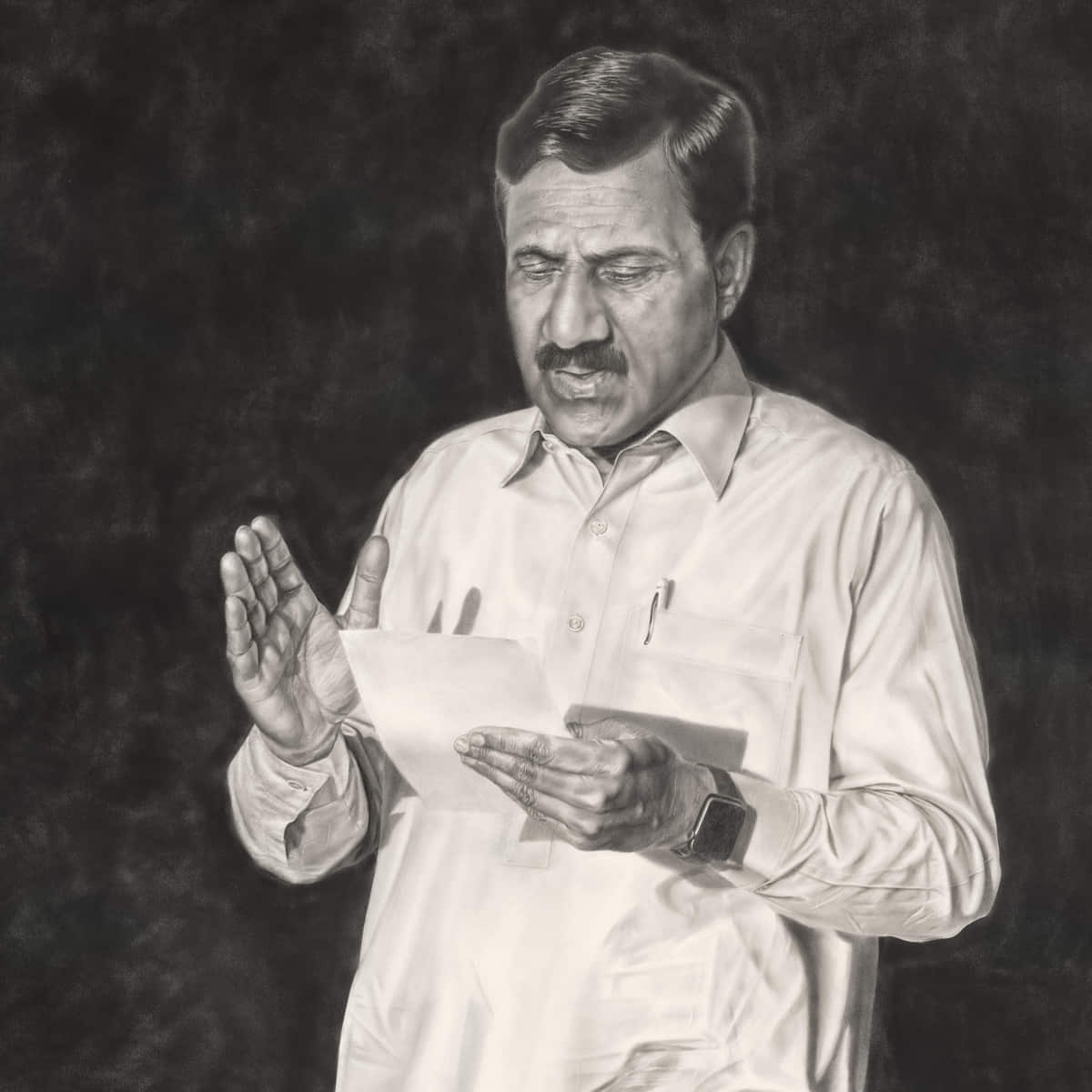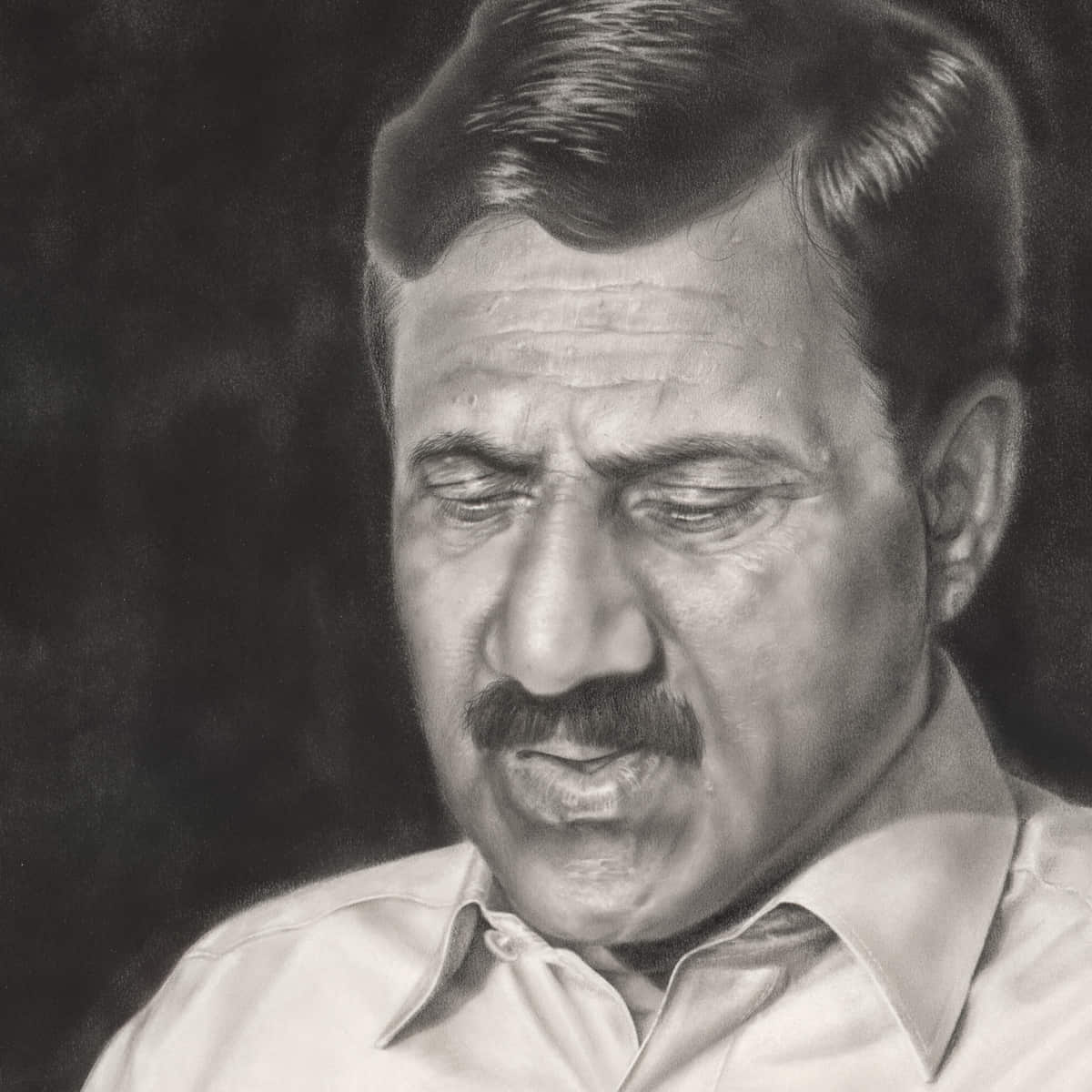The Heart Of Learning: Uncovering Ziauddin Yousafzai School Name
Have you ever wondered about the places that shape remarkable people? When we think of global education advocacy, the name Malala Yousafzai comes to mind almost immediately, yet, her father, Ziauddin Yousafzai, is a true force behind that very powerful movement. It's really quite interesting to consider the foundations of such significant work, and that often leads people to ask about the specific educational institution he helped build. You know, the one that became a symbol of hope and resistance for so many.
His dedication to making sure children, especially girls, could go to school is, in a way, a story that deserves a lot of attention. Many people are curious about the `ziauddin yousafzai school name` because it represents a place where the fight for learning truly began for his family and for countless others. This isn't just about a building; it's about a belief in the right to learn, a belief that, frankly, changed the world.
This article will take a look at the details surrounding the school Ziauddin Yousafzai established, exploring its history, its purpose, and its lasting influence. We'll talk about the challenges faced and the sheer determination that kept its doors open, offering a safe space for knowledge to grow. By the way, the text you provided about iPhone 17 and Covesea Lighthouse doesn't have any details about Ziauddin Yousafzai's school, so we'll be sharing information based on widely known public records and his own powerful story.
Table of Contents
- A Life Dedicated to Learning: Ziauddin Yousafzai's Journey
- The School's Identity: Khushal Public School
- Malala's Connection and Global Recognition
- The Broader Message: Education for Everyone
- Frequently Asked Questions About Ziauddin Yousafzai's School
- Looking Ahead: The Future of Educational Advocacy
A Life Dedicated to Learning: Ziauddin Yousafzai's Journey
Ziauddin Yousafzai's story is, essentially, one of deep commitment to the cause of learning. He grew up in a place where opportunities for schooling, especially for girls, were not always easy to find. This personal experience, you know, really shaped his outlook and fueled his desire to make a difference for others. He saw the way knowledge could open doors and change lives, and that vision stayed with him.
His path wasn't simple; it was, in fact, filled with obstacles that many would find daunting. Yet, he held onto his belief that every child, no matter their gender or background, deserved a chance to go to school. This conviction led him to take action, not just talk about it, but actually build something tangible. That, is that, truly inspiring.
His work goes beyond just setting up a place for children to learn; it's about standing up for fundamental rights. He has become, in some respects, a global voice for education, speaking out for those who cannot speak for themselves. His journey shows what one person can achieve with enough courage and a clear purpose. He's a powerful example, to be honest.
Personal Details and Biography
To give you a better sense of the man behind the mission, here are some personal details about Ziauddin Yousafzai. This information, you know, helps paint a picture of his background and the path he took.
| Full Name | Ziauddin Yousafzai |
| Born | April 20, 1969 |
| Birthplace | Shangla District, Swat Valley, Pakistan |
| Known For | Education advocate, founder of Khushal Public School, father of Malala Yousafzai |
| Occupation | Teacher, school owner, human rights activist |
| Family | Wife: Toor Pekai Yousafzai, Children: Malala, Khushal, Atal |
| Notable Achievements | Advocacy for girls' education, co-founder of the Malala Fund |
This overview, basically, highlights his roots and his core work. It shows that his commitment to learning comes from a very personal place, shaped by where he grew up and the challenges he saw around him. He's, you know, someone who truly walks the talk.
The School's Identity: Khushal Public School
The specific institution that stands as a symbol of Ziauddin Yousafzai's dedication is known as the `Khushal Public School`. This school, named after a famous Pashtun poet, Khushal Khan Khattak, was his dream brought to life. It was, in fact, more than just a place to learn; it was a sanctuary for knowledge in a region where education was often under threat.
When people search for the `ziauddin yousafzai school name`, they are looking for this very place. It's the school where Malala Yousafzai herself received her early education, and where her father taught her and many other children the value of books and ideas. The school's story is, in a way, deeply woven into the fabric of their family's journey.
Establishing this school was, quite frankly, a massive undertaking. It required a lot of effort, perseverance, and a firm belief in its purpose. The Khushal Public School stands as a testament to one man's unwavering commitment to providing opportunities for young minds to grow and flourish. It's, you know, a very important part of his story.
Founding Principles and Vision
The Khushal Public School was built on some very clear and strong principles. Ziauddin Yousafzai wanted to create a place where all children, boys and girls alike, could get a good education. This was, in fact, quite a forward-thinking idea in a region where girls' education was often overlooked or even discouraged. He believed that everyone deserved a chance to learn and reach their full potential.
His vision for the school went beyond just teaching reading and writing. He wanted to foster critical thinking, encourage open discussion, and, you know, help students become active members of their community. He saw education as a tool for empowerment, a way for young people to find their voice and contribute positively to the world around them. This was, in a way, a truly ambitious goal.
The school aimed to provide a learning environment that was both safe and inspiring. It was a place where students could feel free to ask questions and explore new ideas, which is something that, honestly, every child deserves. His commitment to these founding principles is what made the Khushal Public School so special and, as a matter of fact, so resilient.
Challenges and Resilience
Running the Khushal Public School was, to be honest, far from easy. The region where it was located, the Swat Valley, faced significant challenges, including political instability and the rise of extremist groups. These groups often targeted education, especially for girls, seeing it as a threat to their ideology. The school, therefore, found itself operating in a very difficult and sometimes dangerous setting.
Despite these immense pressures, Ziauddin Yousafzai and his team showed incredible resilience. They continued to teach, even when threats became more direct and the situation grew more perilous. There were times when the school had to close temporarily, or when families were too afraid to send their children. Yet, they always found a way to reopen, to keep the light of learning alive, which is, you know, truly remarkable.
The courage displayed by the teachers, students, and Ziauddin himself during these times cannot be overstated. Their determination to pursue education in the face of such adversity is a powerful example of human spirit. It shows that, at the end of the day, the desire for knowledge can overcome even the most daunting obstacles. This resilience, in short, became a defining characteristic of the `Khushal Public School`.
Impact on the Community
The Khushal Public School had a profound impact on its local community. It offered a lifeline for many families who wanted a better future for their children, but, in some respects, lacked the means or the safe environment to achieve it. The school became a beacon of hope, providing not just lessons, but also a sense of normalcy and purpose during turbulent times.
By educating both boys and girls, the school helped to shift perceptions about the value of female education in the region. It showed, quite clearly, that girls are just as capable and deserving of learning opportunities as boys. This change in mindset, you know, is a very slow process, but the school played a significant part in moving it forward.
Furthermore, the school helped to create a generation of young people who were more aware, more confident, and more equipped to contribute to society. Many of its students went on to pursue higher education or meaningful careers, proving the long-term benefits of Ziauddin Yousafzai's vision. Its influence, essentially, spread far beyond its walls, touching countless lives.
Malala's Connection and Global Recognition
The `ziauddin yousafzai school name` became known to the world largely through his daughter, Malala Yousafzai. She was a student at the Khushal Public School, and it was there that she first found her voice, speaking out for the right to education. Her experiences at the school and her father's teachings deeply shaped her advocacy. It's, you know, a very direct connection.
Malala's bravery, and the tragic event that brought her story to global attention, shone a spotlight on the struggles faced by the school and by all those fighting for education in difficult areas. Her story, which began within the walls of the Khushal Public School, became a symbol for the universal right to learn. This, in a way, amplified the school's message to an international audience.
The recognition that Malala received, including the Nobel Peace Prize, brought unprecedented attention to the importance of girls' education and the courageous efforts of people like her father. It highlighted that the battle for learning is a global one, and that places like the `Khushal Public School` are at the very heart of it. It's, you know, a truly powerful testament.
A Daughter's Legacy
Malala's journey is, in fact, deeply intertwined with her father's work at the school. She learned from him the importance of speaking up for what is right, and she saw firsthand the impact of education on her peers. Her early writings and speeches about the challenges of attending school were, basically, a direct reflection of the environment fostered at the Khushal Public School.
Her courage in continuing to advocate for education, even after being attacked, made her a global icon. This brought immense attention to the cause that her father had championed for so long. Her legacy, in a way, is a continuation and expansion of the vision that began with the founding of the Khushal Public School. It's, you know, truly remarkable how one family's story can resonate so widely.
The Malala Fund, which she co-founded with her father, continues to support education initiatives around the world, building upon the principles that guided the Khushal Public School. This means that the spirit of that small school in the Swat Valley is now helping children learn in many different countries. It's, you know, a very significant expansion of their original mission.
Continuing the Mission
Even after moving from Pakistan, Ziauddin Yousafzai has continued his mission to advocate for education on a global scale. He travels widely, speaking about the importance of giving every child a chance to learn, regardless of where they live or what their circumstances are. His experiences with the `Khushal Public School` give him a unique and powerful perspective. He, you know, speaks from the heart.
He remains a strong voice for girls' education, working with international organizations and governments to promote policies that support learning for all. His work is, in some respects, a direct extension of the daily struggles and triumphs he experienced running his school. He brings that real-world understanding to the global stage, which is, honestly, quite impactful.
The legacy of the `ziauddin yousafzai school name` lives on not just in the ongoing operations of the school itself, but also in the broader advocacy work of Ziauddin and Malala. They are, essentially, ensuring that the lessons learned and the values upheld in that one school continue to inspire and help children around the globe. It's, you know, a very powerful testament to their dedication.
The Broader Message: Education for Everyone
The story of the `ziauddin yousafzai school name` and its founder, Ziauddin Yousafzai, carries a much larger message: that education is a fundamental human right for everyone. This isn't just about a specific school or a single region; it's about a universal principle that, you know, applies to all children everywhere. His life's work really highlights this point.
He has always argued that denying education to any child, particularly girls, harms not only the individual but also the entire community. An educated population, he believes, is a more peaceful, prosperous, and just one. This idea, in a way, is at the core of all his efforts and advocacy. It's, you know, a very compelling argument.
His voice has helped to bring global attention to the millions of children who are still out of school, especially those in conflict zones or remote areas. He reminds us that the fight for education is far from over and that there is still much work to be done. His message, therefore, continues to resonate strongly today, as a matter of fact.
Advocating for Girls' Learning
A significant part of Ziauddin Yousafzai's advocacy has been focused on girls' education. He saw firsthand in his own community how girls were often denied the chance to learn, and he understood the immense potential that was being lost. His commitment to ensuring girls could attend school was, in some respects, revolutionary for his area.
He has spoken passionately about the transformative power of educating girls, explaining how it leads to healthier families, stronger economies, and more stable societies. When a girl goes to school, he argues, she not only improves her own life but also impacts her family and future generations. This is, you know, a very clear and powerful ripple effect.
His efforts have helped to inspire countless individuals and organizations to join the cause of girls' learning. He continues to be a leading voice, reminding the world that investing in girls' education is one of the smartest investments any society can make. It's, you know, truly a cause he believes in with all his heart. You can learn more about this work on a reputable education charity website, like Malala Fund.
The Power of Knowledge
For Ziauddin Yousafzai, knowledge is, essentially, the ultimate tool for freedom and change. He believes that an educated person is empowered to make their own choices, to challenge injustice, and to build a better life for themselves and their community. This conviction is what drove him to establish the `Khushal Public School` in the first place.
He often speaks about how education helps people to think critically and to question things, rather than just accepting what they are told. This ability to reason and to form one's own opinions is, in a way, vital for a healthy society. It's, you know, a very profound understanding of what learning truly means.
The enduring legacy of the `ziauddin yousafzai school name` is a testament to this belief in the power of knowledge. It stands as a reminder that even in the most challenging circumstances, providing access to learning can spark incredible change and empower individuals to shape their own destinies. It's, you know, a message that continues to inspire people today.
Frequently Asked Questions About Ziauddin Yousafzai's School
People often have specific questions about Ziauddin Yousafzai and the school he founded. Here are some common inquiries, with answers that, you know, help clarify things.
What school did Malala's father, Ziauddin Yousafzai, establish?
Ziauddin Yousafzai established the `Khushal Public School`. This school, named after a famous Pashtun poet, was founded in his hometown in the Swat Valley, Pakistan. It was, in some respects, a dream come true for him, providing a place where children, including his own daughter Malala, could receive an education.
Is the Khushal Public School still providing education today?
Yes, the `Khushal Public School` is, in fact, still providing education. Despite the many challenges it has faced over the years, including periods of closure due to conflict, the school has shown incredible resilience. It continues to operate, offering learning opportunities to children in the Swat Valley, which is, you know, truly inspiring.
Where is Khushal Public School located in Pakistan?
The `Khushal Public School` is located in Mingora, which is the largest city in the Swat Valley, in the Khyber Pakhtunkhwa province of Pakistan. This region, you know, became widely known due to the events surrounding Malala Yousafzai and the fight for girls' education.
Looking Ahead: The Future of Educational Advocacy
The story of the `ziauddin yousafzai school name` and the man behind it is, essentially, a powerful reminder of the ongoing need for education advocacy. Even today, millions of children around the world do not have access to quality learning. The principles that guided Ziauddin in establishing the Khushal Public School remain as relevant as ever. It's, you know, a very important lesson for us all.
His work, alongside Malala's, continues to inspire new generations of activists and educators. They show that one person, or one family, can make a truly significant difference in the lives of many. The dedication to opening doors through knowledge, which began with that small school, is a flame that, frankly, continues to burn brightly.
As we look to the future, the legacy of the `Khushal Public School` reminds us to keep pushing for a world where every child has the chance to learn and thrive.

Ziauddin Yousafzai - Maria Torp

Ziauddin Yousafzai - Maria Torp

Ziauddin Yousafzai - Maria Torp